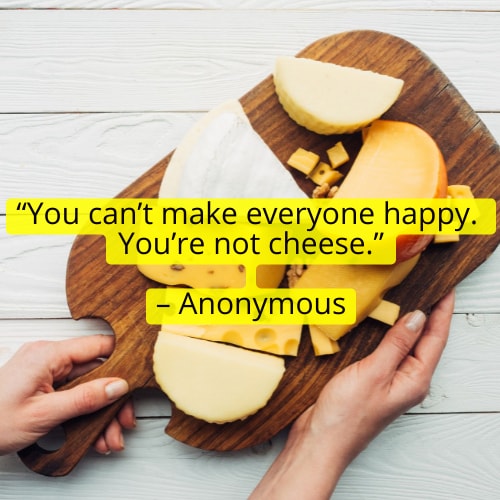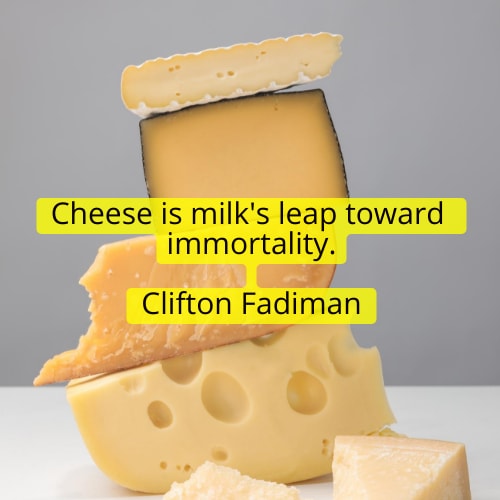When can babies eat cheese?
So many dos and don’ts tend to float around when it comes to newborns and young children. From how they should be handled to what they should be fed, many doubts and inhibitions surround new parents and caregivers. One of them is whether young children should be given cheese — made from curdled curd.
Experts suggest cheese can form part of a healthy, balanced diet for babies and young children since it provides calcium, protein and vitamins. They suggest that babies can eat pasteurised full-fat cheese after one year of age.
“It is best to introduce your baby to cheese after one year of age as the digestive system is developed and they can tolerate cheese. In younger babies, the digestive system is not fully developed and the main concerns would be milk allergy and milk intolerance, which may occur with feeding cheese,” said Dr Paula Goel, consultant pediatrician, adolescent physician and the founder of Fayth Clinic.
Symptoms of milk allergy include
*Itching or tingling around lips and mouth
*Wheezing
*Coughing or shortness of breath
*Hives
*Vomiting
“Some symptoms like blood tinged diarrhea, stomach cramps, watery eyes, abdominal colic may take longer to develop. Milk allergy can also cause severe, life-threatening allergic reaction like constricted, difficulty in breathing, flushed face, and drop in blood pressure, all requiring emergency treatment,” explained Dr Goel stressing that milk allergy is different from lactose intolerance in terms of the threat to life.
What type of cheese to be given?
Cheese given to babies should be full-fat and pasteurised like homemade cottage cheese, cream cheese, mozzarella, or cheddar, Dr Goel mentioned. “Certain cheese like mold-ripened soft cheeses like brie or camembert, blue-veined cheese like Roquefort, Ripened goat milk cheese like chèvre or non-pasteurised cheese are harmful to babies. Unpasteurised cheeses can contain bacteria, viruses, and parasites and may cause food poisoning especially in children less…
..


